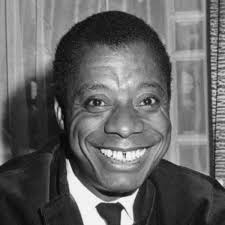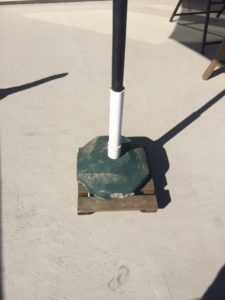 When we were in Krakow two years ago, we went to an exhibit at the National Museum called “Szymborska’s Drawer.” It was a recreation of the home office of the Polish poet, Wislawa Szymborska. It had her desk, her yellow typewriter, her bookcase, her postcard collection, many strange and delightful artifacts. You can see some photos here.
When we were in Krakow two years ago, we went to an exhibit at the National Museum called “Szymborska’s Drawer.” It was a recreation of the home office of the Polish poet, Wislawa Szymborska. It had her desk, her yellow typewriter, her bookcase, her postcard collection, many strange and delightful artifacts. You can see some photos here.
Born in 1923, Szymborska lived through the upheavals of central Europe, the invasion by Germany, control by the Soviets, constant political change and public hardship.
He poems are mostly deceptively simple and intensely moving, as this one.
Children of Our Age
We are children of our age,
it’s a political age.
All day long, all through the night,
all affairs—yours, ours, theirs—
are political affairs.
Whether you like it or not,
your genes have a political past,
your skin, a political cast,
your eyes, a political slant.
Whatever you say reverberates,
whatever you don’t say speaks for itself.
So either way you’re talking politics.
Even when you take to the woods,
you’re taking political steps
on political grounds.
Apolitical poems are also political,
and above us shines a moon
no longer purely lunar.
To be or not to be, that is the question.
and though it troubles the digestion
it’s a question, as always, of politics.
To acquire a political meaning
you don’t even have to be human.
Raw material will do,
or protein feed, or crude oil,
or a conference table whose shape
was quarreled over for months:
Should we arbitrate life and death
at a round table or a square one.
Meanwhile, people perished,
animals died,
houses burned,
and the fields ran wild
just as in times immemorial
and less political.
Wislawa Szymborska
translated by Stanisław Baranczak and Clare Cavanagh
 I thought this poem by James Galvin would be appropriate for today.
I thought this poem by James Galvin would be appropriate for today.







